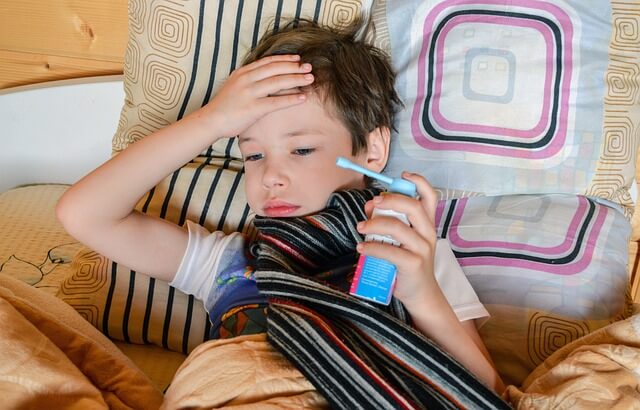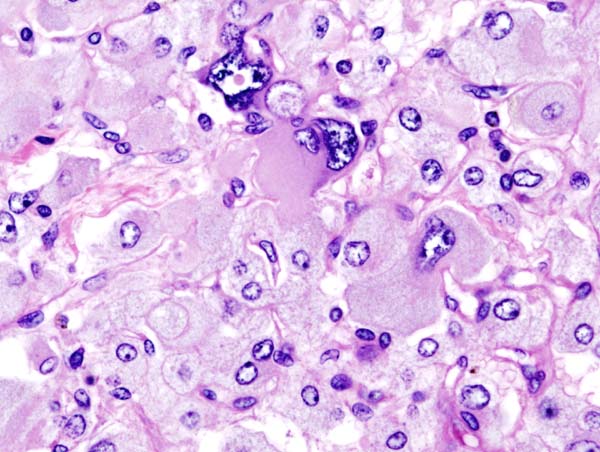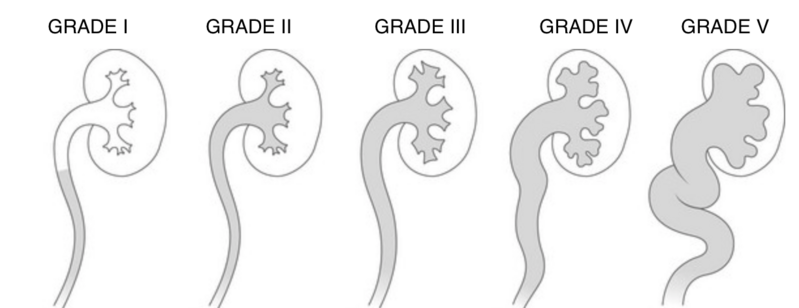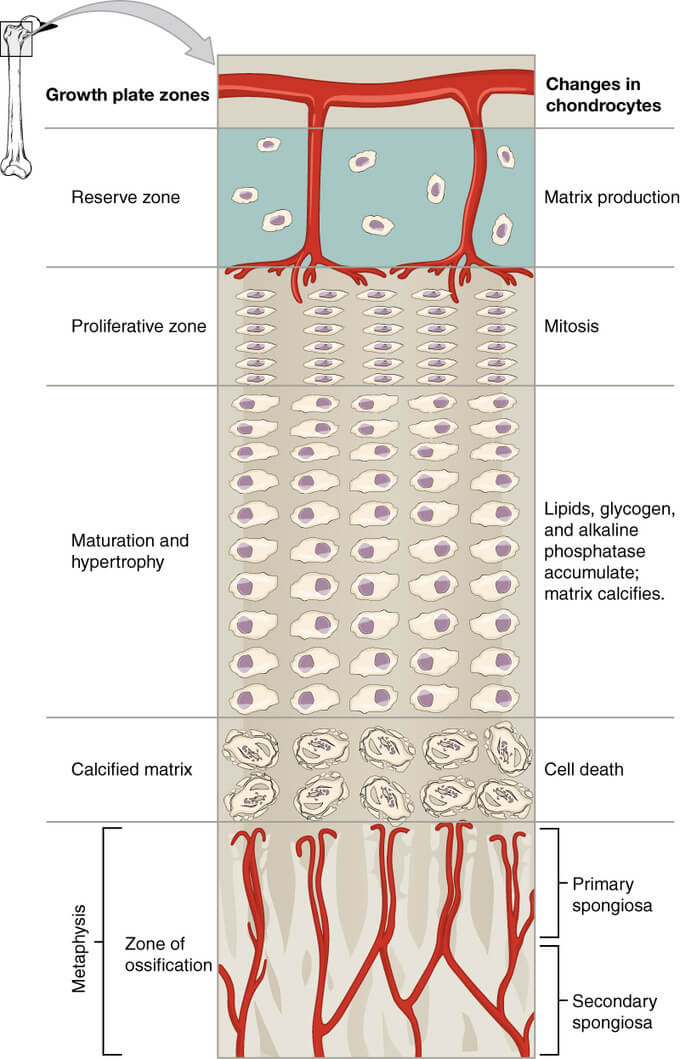Synonym: Juvenile Rheumatoid Arthritis (JIA)
Diagnosis of JIA
Mnemonic: One Six Sixteen (1, 6, 16)
1: Inflammation of atleast 1 joint (joint involvement: knee > wrist/hand > ankle > hip > c-spine)
6: Lasting for atleast 6 weeks
16: Onset before 16 years age
In order to confirm the diagnosis, one of the following is required:
Mnemonic: RHEUMATIC
- Rash – transient salmon colored (non-pruritic, non-blanchable) best seen during febrile spike
- Heart – pericarditis
- Eye – Uveitis (iridocyclitis; increased risk with positive ANA titer especially in oligoarticular type)
- Morning stiffness
- Antibody (Rheumatoid Factor) – seropositive in <15%, especially in polyarticular type
- Tenosynovitis
- Intermittent fever
- C-spine involvement: 3 “A”
- Anterior concave deformity (kyphosis)
- Ankylosis of facets
- Atlantoaxial instability
Types of JIA
1. Pauci-articular or Olio-articular JIA: Involvement of 4 or less joints within 6 months of onset; commonest
Mnemonic: LARGE
- Large joints involved (knee) and Limb length discrepancy/Limping is common
- Asymmetric involvement
- ANA positive (75%)
- Remission rate highest (best prognosis)
- Girls > Boys (4:1)
- Eye involvement common (in 50%)
2. Polyarticular JIA: Involvement of 5 or more joints within 6 months of onset
Mnemonic: SMALL
- Small joints involved (hands) and Symmetric involvement
- M Immunoglobulin (RF may be positive)
- ANA positive (40%)
- Late onset and Large joint involvement may be present like in RA
3. Systemic JIA:
Mnemonic: 1, 2, 3, 4S
- 1 or more joint arthritis with 1 spike fever daily (quotidian)
- For 2 or more weeks
- Documented daily for 3 or more days
- 4 S:
- Skin rashes (Evanescent salmon pink)
- Swollen glands (Generalized lymphadenopathy)
- Splenomegaly and/or hepatomegaly
- Serositis
It includes Still’s disease and is characterized by inflammatory response (leukocytosis, hyperferritinemia, microcytic anemia, thrombocytosis, high ESR and CRP). Male and female are almost equally affected.
4. Other types:
- Juvenile psoriatic arthritis
- Juvenile ankylosing spondylitis
Differential Diagnosis of JIA
Mnemonic: ARTHRITIS
- Anxiety
- Reactive arthritis
- Tumor
- Hematological malignancies (ALL) or Hemophilia
- Rickets
- Immune conditions e.g. SLE, HSP
- Trauma
- IBD associated arthritis
- Septic arthritis
Treatment of JIA
Mnemonic: ABCDS
1. Anti-inflammatory: NSAIDs, Steroids (Intra-articular, oral or IV)
2. Biologics: TNF-alpha inhibitors, IL-1 inhibitors, IL-6 inhibitors (For those who are unresponsive or who cannot take anti-inflammatory drugs or DMARDs)
3. Chloroquine derivative i.e. hydroxychloroquine (for RF positive polyarthritis), Cyclosporin A (for MAS associated with JIA), Cyclophosphamide (for severe recalcitrant JIA which are unresponsive to Biologics as well)
4. DMARDs: Methotrexate (especially effective in polyarthritis), Sulfasalazine (especially effective in enthesis related JIA), Leflunomide
5. Surgery: 5 S
- Synovectomy – for JIA unresponsive to medications
- Stopping physeal growth (epiphysiodesis) – for LLD
- Straightening of bone (corrective osteotomy) – after skeletal maturity for deformities
- Surgical synarthrosis (arthrodesis) – for severe disease
- Substitution of joint (arthroplasty) – for severe disease

He is the section editor of Orthopedics in Epomedicine. He searches for and share simpler ways to make complicated medical topics simple. He also loves writing poetry, listening and playing music. He is currently pursuing Fellowship in Hip, Pelvi-acetabulum and Arthroplasty at B&B Hospital.



